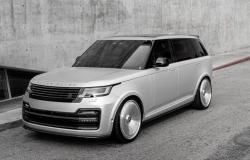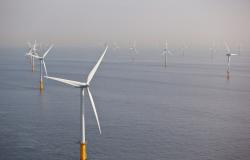trade war
It contemplates the minimum imposition of a tariff of 7,000 dollars, this is 40% more
Türkiye has been ahead of the European Union (EU) and by surprise it announced this Saturday a 40% increase in tariffs for imports of Chinese cars, in an attempt to stop trade exchanges and reduce the current account deficit of the Eurasian country.
The decision, which will come into force within thirty days, contemplates the minimum imposition of a tariff of 7,000 dollars (about 6,742 euros) per vehicle, according to data published in the Turkish Official Gazette.
Ankara raised tariffs on Chinese electric vehicles in 2023 to support the country’s first domestically produced electric vehicle, the Toggmanufactured by a consortium of five large local companies, with the collaboration of the Union of Chambers of Commerce and Commodity Markets of Turkey.
Tariffs on Chinese cars
The tariff strategy on which Turkey’s automobile industry pivots towards China joins the reluctance that also arises in United States and Europe before the emergence of car brands from the Asian giant.
In the case of USA the tariff increase will be applied from 25% to 100% for the import of electric vehicles from China from next August 1, when the increases in the purchase of batteries, microchips for the technology industry and medical products will also come into effect, in accordance with the public intentions of the office of the US Trade Representative .
Waiting for Europe
In Europe, the imposition of tariffs is planned once the community elections take place this Sunday. For now, the calculations that have been published estimate that the impact of these trade obstacles with China could cost Beijing almost 4 billion dollars (more than 3,600 million euros).
Consequently, the number of Chinese electric vehicles imported into the EU would be reduced by a quarter – about 125,000 cars – if Brussels imposed a 20% tariff, according to the data offered in the latest analysis of the world economy by the Kiel Institute.
At the moment, China has not officially announced any retaliation, although Beijing has indicated that it is willing to impose tariffs of up to 25% on imported cars with large displacement engines, which would mainly affect Mercedes-Benz and BMW.
Electric vehicles made by Chinese brands such as MG and BYD accounted for just under 9% of battery vehicles sold in Europe in 2023, according to Dataforce. Although this figure is expected to increase to approximately one-fifth of the old continent’s market share by 2027, according to estimates by Transport & Environment.







